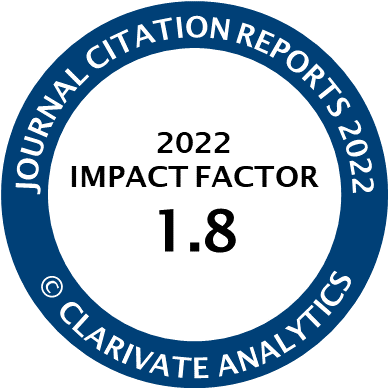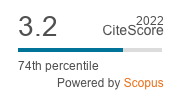Article | Open Access
“The System Is the System, Isn’t It?”: The Case for a Just Devolution
| Views: | 1583 | | | Downloads: | 566 |
Abstract: How do actors involved in decision-making around urban planning relate to devolution? How do they perceive external forces influencing their cities, and how can the interventions they make be better oriented towards tackling inequalities? We reflect on these questions with data from interviews conducted with urban leaders and housing and development policy stakeholders in the second cities of Birmingham, UK, and Lyon, France. We compare narratives and assess how they relate to the concept of spatial justice in differing contexts of devolution. Drawing from findings in two cities with distinct governance structures, we uncover common issues with neoliberal, growth-oriented mindsets among key actors, despite contrasting rhetoric around social justice. We contend that there is thus a need to define mechanisms for making devolution more attentive to inequalities. This could be achieved through incorporating the concept of spatial justice into devolution strategies. We further argue that, while autonomy to make decisions is an important aspect of devolution, this autonomy needs to be operationalised within an appropriate constellation, including a progressive political-economic culture, sufficient bureaucratic authority and resources, and an active and informed citizenry. As such, devolution is a two-way process of having powers devolved from above and building capacity from below to make use of these powers effectively. We conclude by reflecting critically on the potential of existing strategies in the two contexts to overcome social inequalities and realise the aspirations of “just devolution.”
Keywords: decision-making; devolution; investment; spatial justice
Published:
Supplementary Files:
© Liam O'Farrell, Roman Zwicky. This is an open access article distributed under the terms of the Creative Commons Attribution 4.0 license (http://creativecommons.org/licenses/by/4.0), which permits any use, distribution, and reproduction of the work without further permission provided the original author(s) and source are credited.




